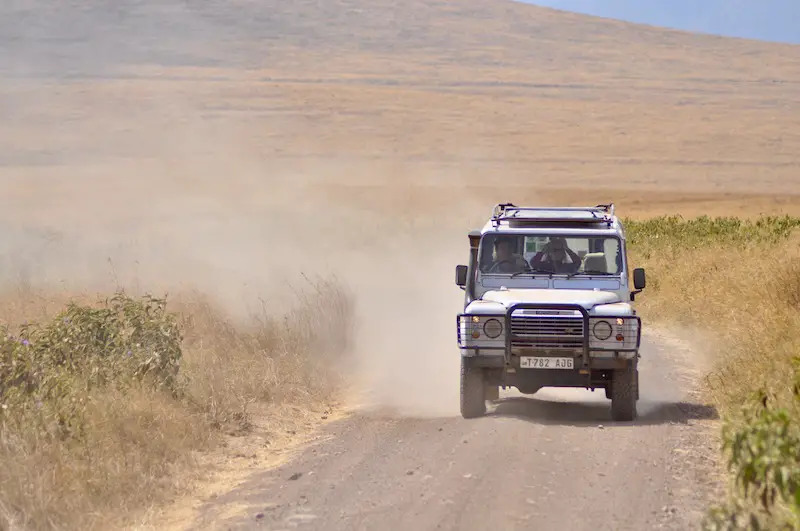If you’re looking for suggestions on how to travel smarter and safer, than an organization like Global Rescue? After all, the organization handles some of the trickiest medical evacuations and field rescues for adventurers around the globe each year, lending a hand in pulling stranded climbers off mountains, rescuing injured and sick clients from remote places, and generally helping customers to safely visit countless locations around the world. Which is why a recent blog post from GR’s manager of operations Harding Bush sharing the 5 habits of smart travelers was especially interesting.
This “travel tips” from Bush go above and beyond what you’ll read on most sites across the Internet, and while they may sound fairly generic and common-sensical at first, as you dig a bit deeper you find more wisdom underneath. For instance, the first of his “habits of smart travelers” is “knowing your limits.” That’s something that we all preach to those that we embark on a big adventure with, but don’t always adhere to ourselves. Having a realistic understanding of your own capabilities and just how far you can push yourself is important not just for your own safety and wellbeing, but for those you are traveling with too. In remote regions of the globe or on dangerous expeditions, you need to think about the security of the entire group when planning your adventures.
The other tops on Harding’s list are equally insightful. For example he reminds us that we need to be “willing to adjust.” Anyone who has ever been on a big adventure knows that things rarely go to plan and learning to be flexible with shifting conditions and situations can be highly beneficial. As the blog post reminds us, “Smart travelers can accept information that might not be favorable and make adjustments accordingly.” That sometimes translates into taking lemons and making lemonade if you will, quickly shifting plans to make the most of a situations even if things don’t go your way.
The other three “habits of smart travelers,” include collecting information from multiple sources, making careful guide selections, and practicing nonstop awareness while always having a back-up plan. As you can imagine, Bush has some good insights into those areas too, although I’ve barely scratched the surface of what the article offers.
If you’re a frequent traveler — or hoping to become one — than there is some positive insights to be had here. As someone who travels more frequently than the average person, I even found some positive nuggets. It definitely forced me to stop and consider my personal approach to travel and adventure, while evaluating where things stand.
Check out the entire story here.
- Gear Review: The Xero Scrambler Mid is an Ultralight Hiking Shoe for Spring - March 1, 2023
- Gear Review: Yeti Roadie 48 Wheeled Cooler - August 18, 2022
- Kristin Harila Continues Pursuit of 8000-Meter Speed Record - August 16, 2022
